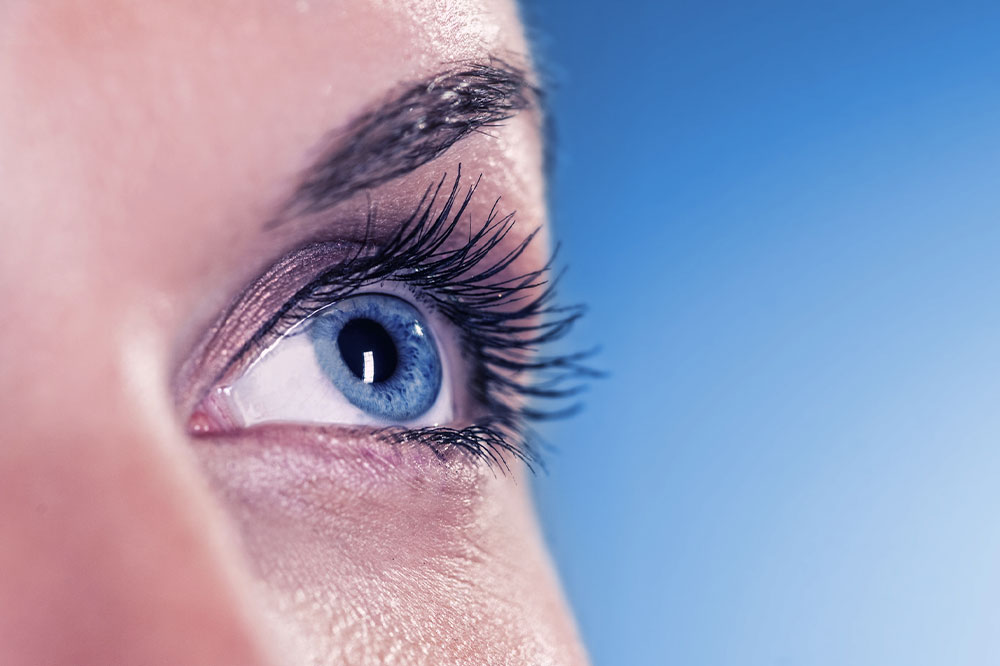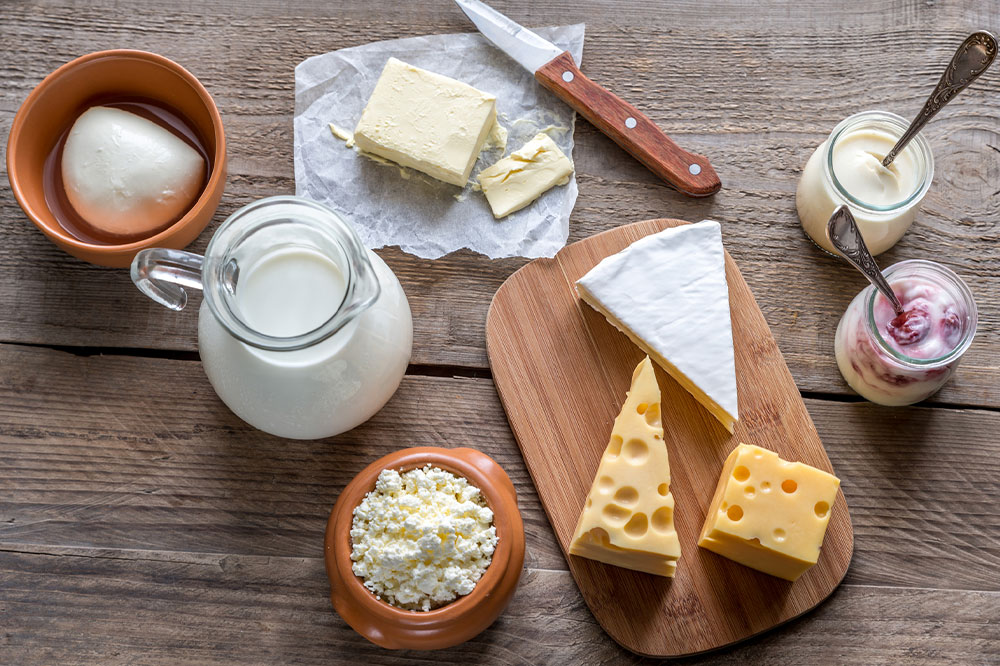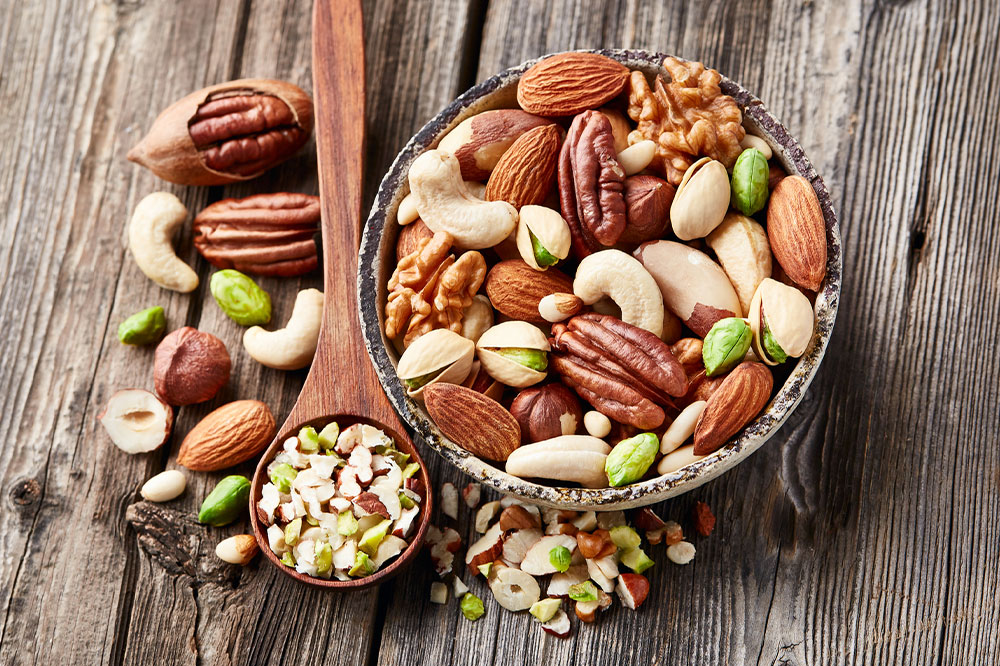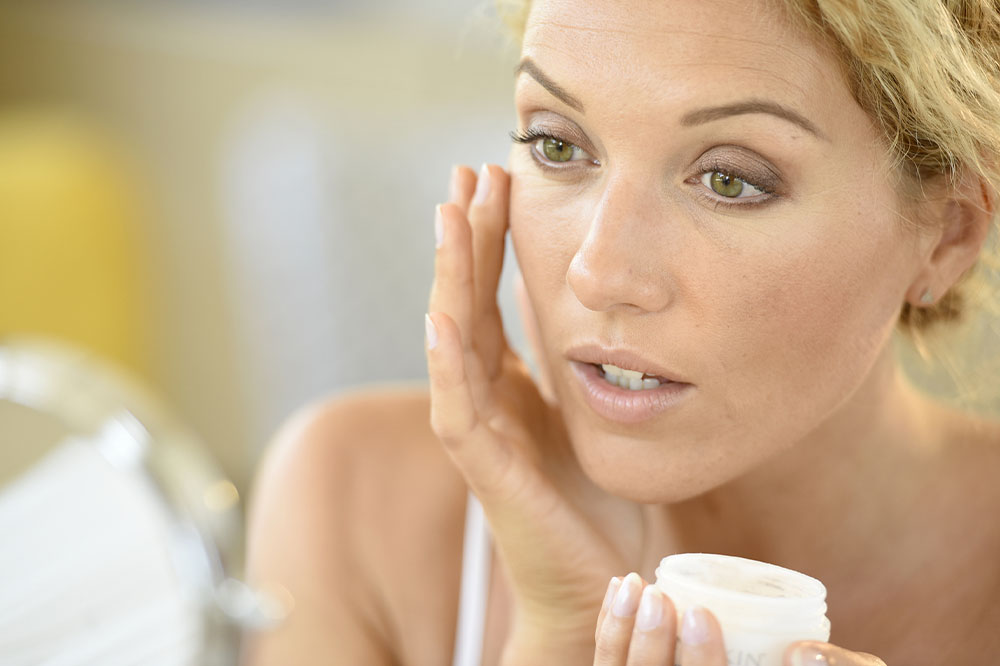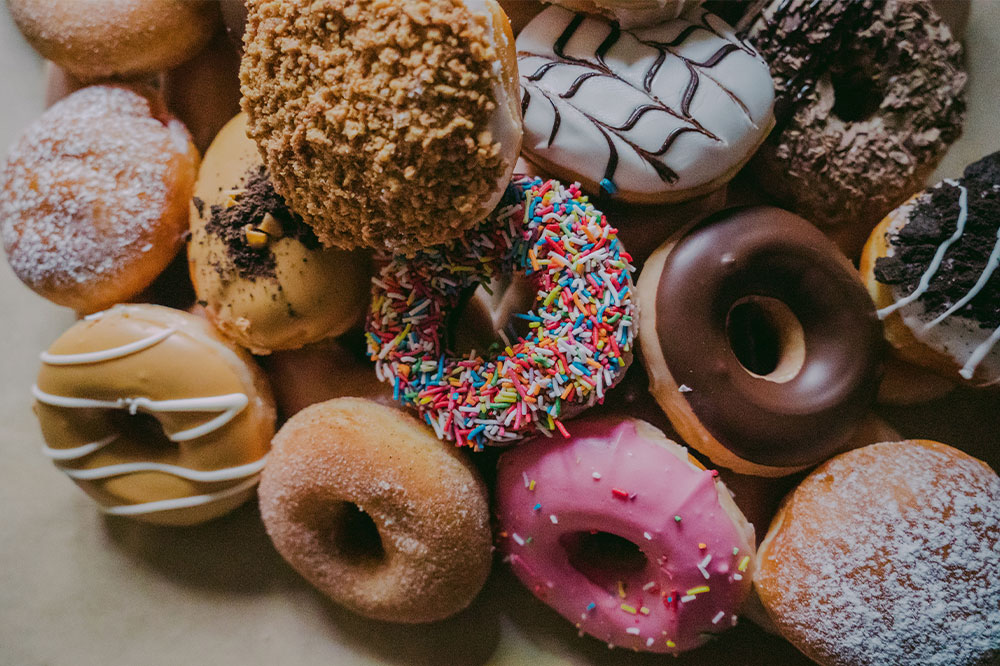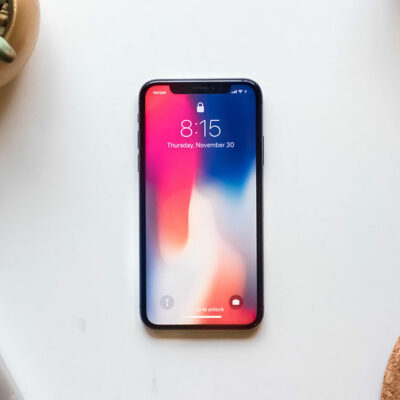
Nine useful home remedies for treating cold and flu
Having a cold and flu at the same time can be an exasperating condition, especially if you are down with a range of symptoms such as fever, muscle ache, runny nose, sore throat, coughing, headaches, sneezing, chest congestion, nasal stuffiness, nausea, loss of energy, diarrhea, etc. Therefore, it can undoubtedly interfere with your everyday activities. However, the good part is that there is a range of cold and flu treatments which can assist you in alleviating the discomfort. The following cold and flu treatments comprise the use of home remedies as well as OTC (over-the-counter) medications. The best aspect is that most of the home remedies can be easily found in your kitchen. OTC medications – Based on the signs, you can use OTC drugs to ease the distress caused by cold and flu. You can get a variety of medicines such as decongestants, antihistamines, cough suppressants, antipyretics, pain relievers, expectorants, combination medications, etc. For instance, if you are particularly suffering from a stuffy nose and fever, you can use nasal sprays, nose drops, antipyretics, combination medicines, etc. to get rid of the congestion. Likewise, if you are suffering from body ache and fever, you should opt for pain relievers and antipyretics to gain quick relief.
Read More 
